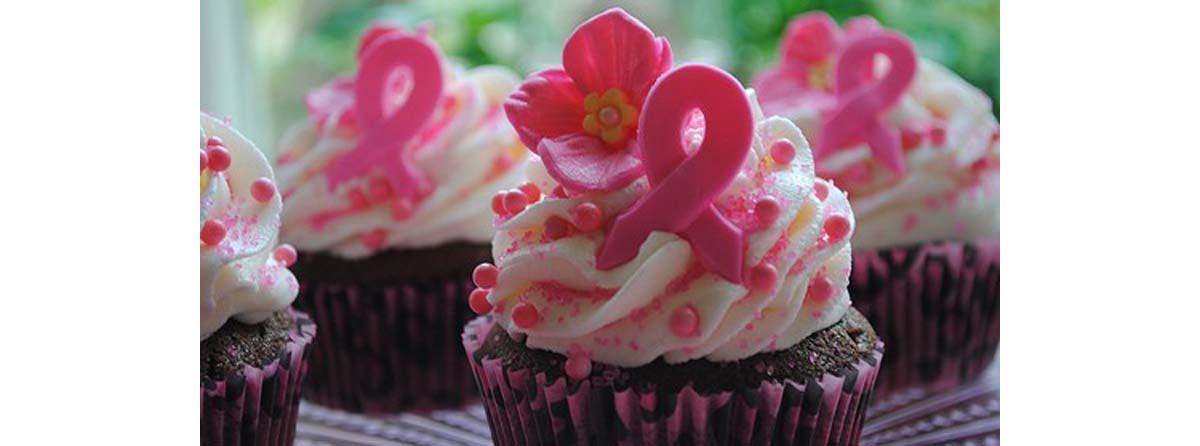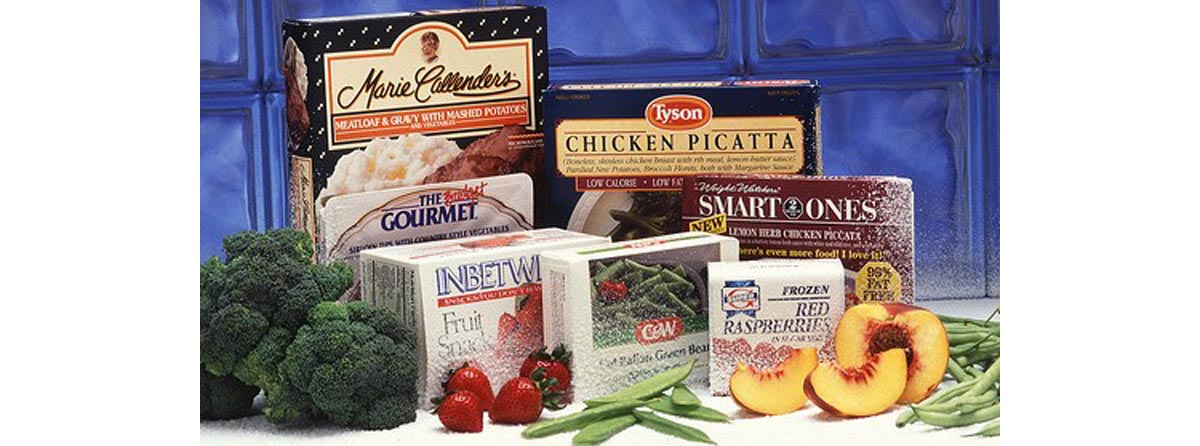Day and night, whenever we are plugged into the media, we get the message that we need to lose weight, lose weight, and lose weight. And the truth is that a high-fat diet and excessive body fat indeed increases the risk of a plethora of diseases, including cancer.

Once you have been diagnosed with cancer, however, a little extra weight, or even a lot, generally increases your chances of survival, especially if you are going to be treated with chemotherapy, immuno-therapy, or radiation therapy.
Just how body fat influences a person's chances of surviving a cancer diagnosis depends on the type of cancer, the patient's gender, and also their age, but here is what cancer epidemiologists have discovered regarding body fat and specific types of cancer:
- Breast cancer in women. Overweight and inactivity increase the risk of breast cancer development in women before menopause, but overweight decreases the risk of breast cancer in women after menopause. When women receive chemotherapy for breast cancer, studies involving the largest number of women find that moderately overweight women stay cancer-free longer than either women of normal weight or below, or women who are obese. Women who have a BMI between 25 and 30 tend to stay in remission longer and suffer fewer complications than women whose BMI's are higher or lower.
- Prostate cancer. Obese men do not have an increased risk of more aggressive prostate cancer, to the surprise of cancer researchers. Going on a reduced-calorie diet immediately after surgery actually increases the production of hormones that can encourage the growth of cancer cells the surgery misses.
- Lung cancer. After diagnosis with lung cancer, people who are either overweight or obese tend to live longer than people who are of a normal weight or thin.
- Colon cancer. The higher your body mass index (that is, the more you weigh when your height is taken into consideration), the more likely you are to develop colon cancer. Once you develop colon cancer, if you are overweight or obese, you are likely to live longer if you reduce your glycemic load, that is, if you eat fewer simple sugars and refined carbohydrates. However, researchers have not found that calorie restriction after colon cancer diagnosis is necessarily a good idea. It's the sugar and flour that need to be eliminated from the diet, not necessarily the healthy fat.
The currently available body of research tells us that if you have been diagnosed with cancer, you certainly don't want to eat so much that you become obese. That is highly unlikely, however, to be a problem, especially if you are on any of the chemotherapies that cause nausea and vomiting. It is far more likely that you will have more difficulty keeping weight up than keeping weight off if you have any type of cancer.
Ten Tips for Eating Better During Cancer Treatment
If there is any single rule that will help cancer patients maintain weight during cancer treatment, it is the first suggestion here:

1. Don't prepare your own food on the days you have cancer treatment.
Either rely on single-serving meals you buy at the market, or make your own frozen dinners ahead of time, before treatment day roles around, and store them in the freezer. (Or, if you have friends who bring you food when you have to get cancer treatments, count your blessings.) The less time you spend dealing with food on a treatment day, the less likely you are to become nauseous, and the fewer bad food memories you will accrue. This plays a significant role in helping you keep up your weight.
2. Be sure you take any anti-nausea drugs at the right time.
Drugs for preventing nausea won't work if you don't take them before your treatment. Be sure you have discussed your need for and the availability of anti-nausea medications with your doctor before you start a course of treatment, and have the medications on hand before you need them. Then take as directed.
3. Avoid perfumes, cologne, and scented personal care products the days you have chemo or other cancer treatment.
Just about any kind of scent can cause nausea, and if you have nausea on a chemo day, you may have visceral flashbacks when you encounter the same odor later. This can cause you to lose your appetite, which in turn speeds up weight loss.
4. Stock electrolyte replacement products in case vomiting causes you to become dehydrated.
Pure water is not enough to restore electrolytes. To avoid getting too much sugar and salt too fast, try products that are based on rice syrup, such as CeraLyte and CeraSport. The sugar in the product helps your body absorb the electrolytes, so it is important not use the zero-calorie or Splenda-sweetened versions. If you can't find CeraLyte and CeraSport, then Gatorade, Kool-Aid, or Pedialyte may help. You'll feel a lot more energetic once your normalize your electrolyte levels.
5. Don't eat your favorite foods on days you have chemo or interferon treatments.
You will always form strong memories of foods that make you nauseous as you undergo treatment for cancer. Even if it is actually the cancer treatment that makes you nauseous, eating your favorite food on a chemo day can spoil it for you forever.
6. Be careful with foods that have a crunch.
Both chemotherapy and radiation therapy often cause mucositis, a condition in which the lining of the inside of the mouth blisters, peels, and hurts. Any kind of food that has a sharp edge can irritate the lining of the mouth, causing pain that can last for hours. If it is dry, or it is hard, or it has sharp edges, just don't eat it. Examples include muesli, popcorn, nuts, and biscuits.
7. Avoid foods that have strong flavors or strong odors on days you have chemotherapy.
If you develop nausea as a result of the treatment, you will associate the odor or flavor with your gastric distress. Barbecue sauces, fermented foods like kimchi, broccoli, cabbage, fish sauce, oyster sauce, curry, and hard cheeses can become lasting bad memories that leave a lasting impact on your appetite.
8. Avoid xylitol-sweetened chewing gum on days you have cancer treatment.
The xylitol in the gum can slow down the passage of food through your stomach and increase the likelihood of nausea, so even though gum can help you combat a dry mouth, make sure you check the ingredient list.
9. Avoid vinegar and foods that are high in fiber on days you have chemotherapy.
These foods also slow down the emptying of digested food out of the stomach and can aggravate nausea.
10. Remember, your can't live on crackers forever.
Doctors often recommend eating crackers, chips, or melba toast on chemotherapy days. If that is all that works for you, go with it, but make a point of eating high-protein foods, healthy fats (such as those in nuts and avocados), fruit, and vegetables as soon as you can to keep up your general nutrition.
- Assi HA, Khoury KE, Dbouk H, Khalil LE, Mouhieddine TH, El Saghir NS. Epidemiology and prognosis of breast cancer in young women. J Thorac Dis. 2013 Jun. 5(Suppl 1):S2-8. doi: 10.3978/j.issn.2072-1439.2013.05.24.
- Chamie K, Oberfoell S, Kwan L, Labo J, Wei JT, Litwin MS. Body mass index and prostate cancer severity: do obese men harbor more aggressive disease on prostate biopsy? Urology. 2013 May.81(5):949-55. doi: 10.1016/j.urology.2013.01.021. Epub 2013 Mar 7.
- Photo courtesy of DixieBelleCupcakeCafe by Flickr : www.flickr.com/photos/dixiebellecupcakecafe/6223587547/
- Photo courtesy of USDAgov by Flickr : www.flickr.com/photos/usdagov/8455839013/


Your thoughts on this